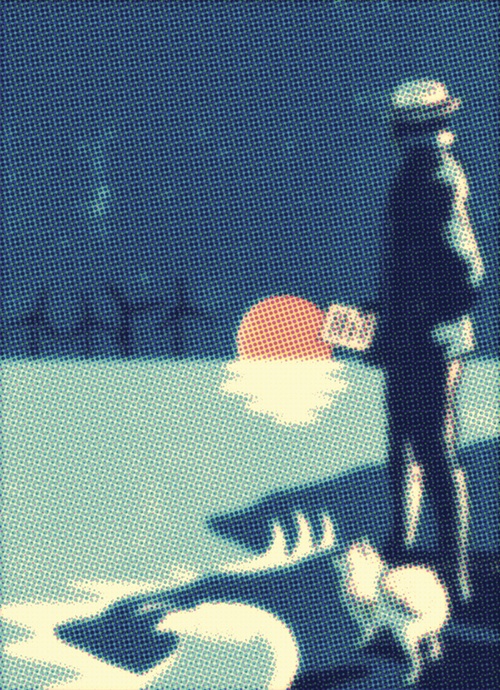 Illustration by Nathan Burton.
Illustration by Nathan Burton.
Merely Players
In Station Eleven, a troupe of actors and musicians traverse a dystopian wasteland and search for meaning in their art.
IN MOST POST-APOCALYPSE STORIES,art is a symbol of re-civilization, a frivolity that survivors make time for after all the basic labours of staying alive—finding food, clothing and weapons, having sex—have been worked out. It follows American psychologist Abraham Maslow’s classic hierarchy of needs: physiological requirements come first, followed by safety, belonging, esteem and, finally, self-actualization. However, in Emily St. John Mandel’s latest novel, Station Eleven (HarperCollins), art appears earlier on the list, somewhere between achieving homeostasis and obtaining property. For Mandel, art seems to be as crucial to surviving the destruction of civilization as knowing how to build a fire.
In the post-pandemic world of Station Eleven, a travelling symphony and theatre troupe tours a smattering of broken Midwestern towns in the peripatetic tradition of missionaries. The Traveling Symphony’s lead caravan bears the maxim “Because survival is insufficient”—taken from a Star Trek Voyager ...





